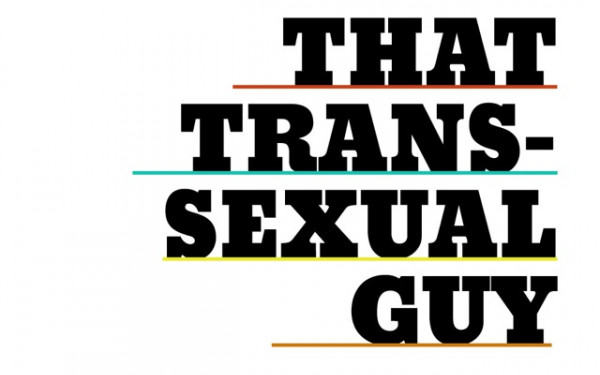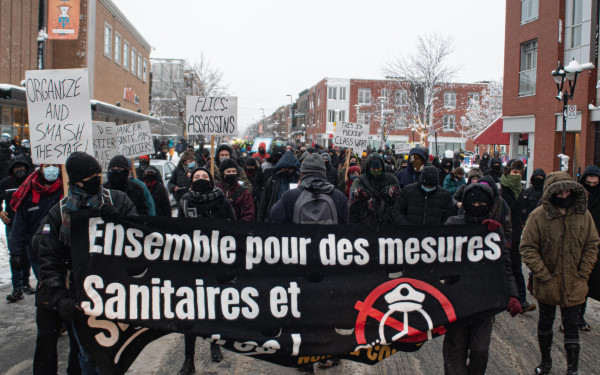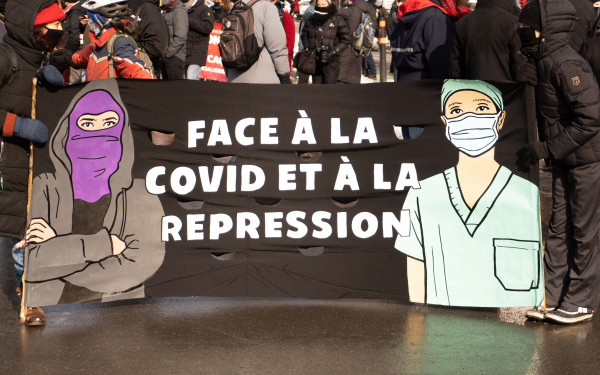We Live Here
Raising Money for the Homeless Transgendered and Transexual Community
We Live Here! is a fundraiser that benefits people who have been kicked out of their homes because of their sexual identity or orientation.
The fundraiser was organized by Action Santé Travesti(e)s et Transsexuel(le)s du Québec to raise money for their emergency fund, which places individuals in a hotel until a more definitive living situation can be worked out.
Attractions included the screening of films Rémy Huberdeau and Renaud St-Amour, various cabaret performers, poet Trish Salah and DJ CPI—all hosted by Concordia’s women’s studies professor Viviane Namaste.
Nora Butler Burke, speaking on behalf of the organization, said that the fund helps over a dozen people a year that have either been kicked out by their families or roommates, can’t make rent or have an intolerant landlord.
However, the emergency fund is a small part of a much larger picture, according to Burke.
“We also need to push the city to implement policies that will require shelters to accept people based on their self-identification, rather than what their legal identity says, for example. And to provide education to people living and working in the shelters,” she said.
In addition to the emergency fund, the organization also provides assistance in navigating the immigration and judicial systems to transsexual and transgender people.
It is taking that into consideration that ASSTQ also gives workshops to shelter staff—a palliative measure that addresses the bigger problem of discrimination against transsexual and transgender people.
“It’s both individual and systemic discrimination that is happening,” said Burke. “Individual in the sense that there are employees that work in shelters that know nothing about trans people or assume that your genitals and or your legal sex define your sex and or your gender.”
In bigger cities, such as Toronto and New York, people can check-in to a shelter based on how they see themselves and their sexual identity, and not necessarily how others perceive them.
“It’s a systemic issue in the sense that there is no shelter in Montreal that has implemented a policy around access to their shelter to trans people,” Burke added. “So what we really ask shelters to do when we give them workshops, if they really want to ally themselves to transsexual and transgender people that are on the streets, they need to put a policy in place.”
The organization hoped to raise enough money to continue to the services they have been providing since the early 1990s, when the organization was founded.
This article originally appeared in Volume 31, Issue 10, published October 19, 2010.

__900_643_90.jpg)




